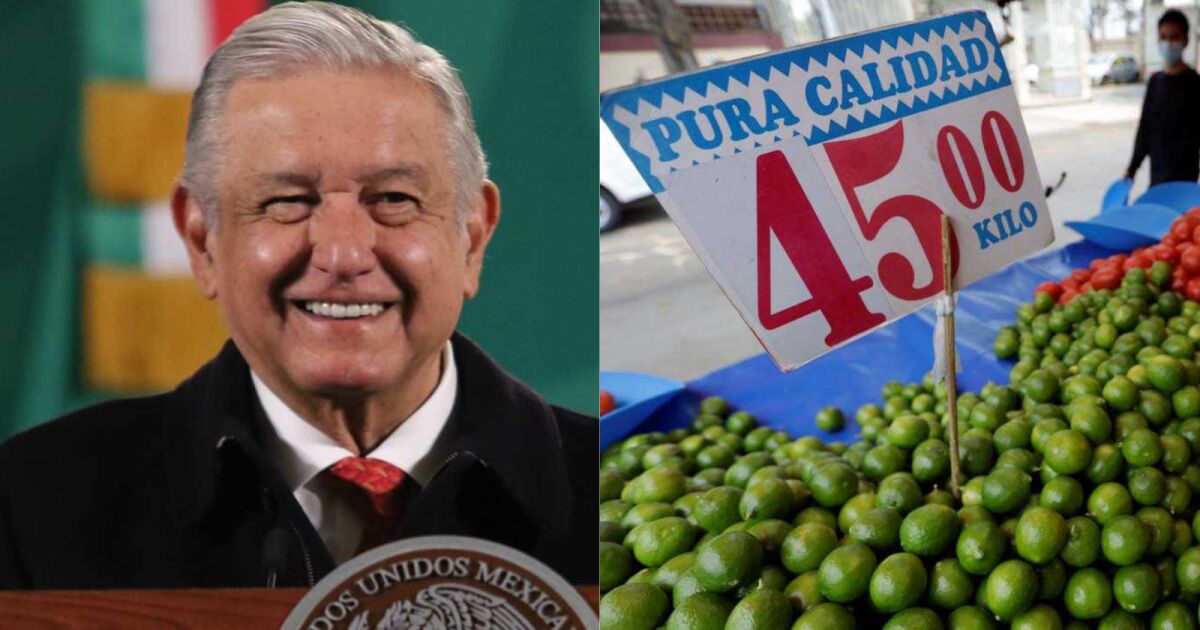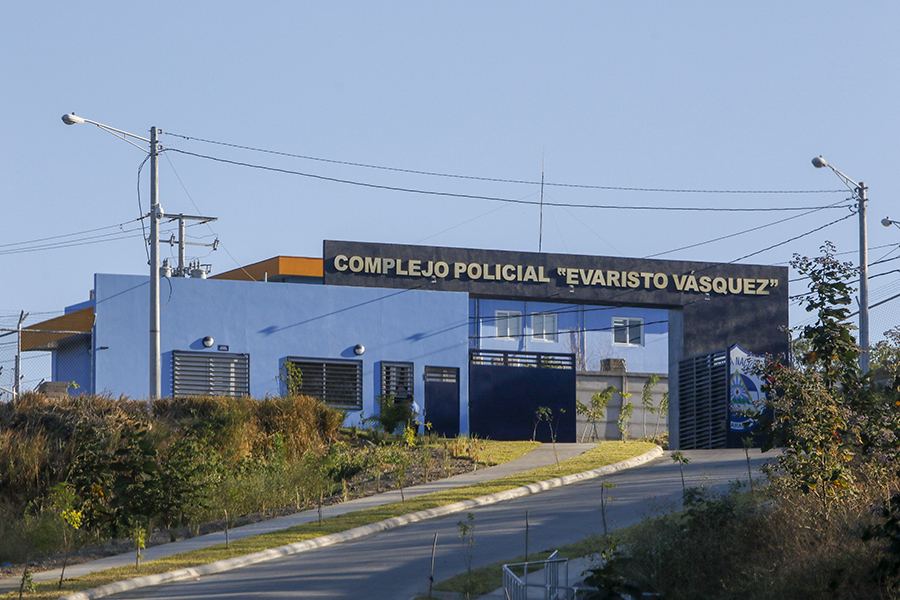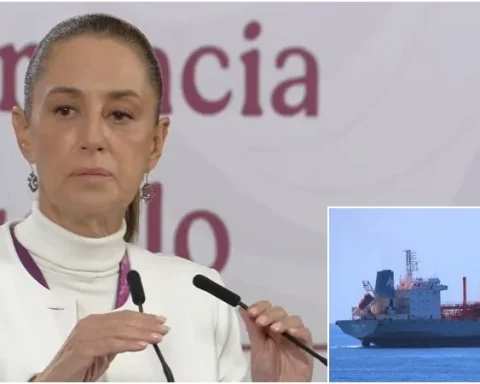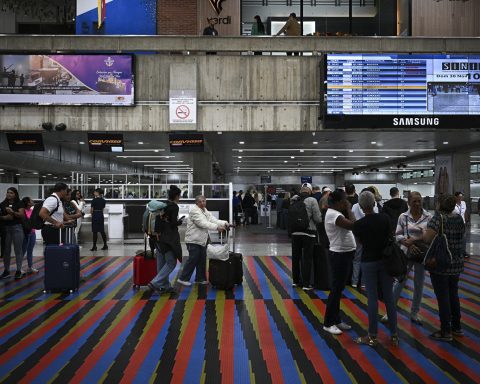What does it consist of?
The Package Against Inflation and Famine (Pacic) contemplates a zero tariff on 21 products from the food basket and five inputs, in order to reduce the cost of imports for a period of six months.
The foods that will have zero tariffs are corn oil, palay rice, tuna, pork, chicken, beef, onion, jalapeño pepper, beans, eggs, toilet soap, tomato, milk, lemon, apple, orange, box bread, potato, pasta for soup, sardine and carrot.
The inputs that will have this benefit are corn and wheat flour, white corn, sorghum and wheat.
The tariffs charged by Mexico for these food imports range from 10% to 75%, detailed Fernando Ruiz, general director of the Mexican Business Council for Foreign Trade, Investment and Technology (Comce).
Mexico imports most of its food from countries with which it already has trade agreements, said Luis Fernando Haro, general director of the National Agricultural Council (CNA).
“I understand that this measure is basically that, if in some country with which we do not have (FTA) and prices could be more attractive, there could be some benefit so that prices could continue to be maintained and not continue with this inflationary spiral,” he explained.
Products such as corn and wheat, according to the Comce director, had already registered an increase in prices before the conflict between Russia and Ukraine, a region that produces between 25% and 30% of these products worldwide.
A ton of corn this year exceeds 7,000 pesos, an increase of almost 50% compared to 2021, Fernando Cruz, partner of the agricultural market consulting group (GCMA), told Expansión in April.
Who benefits?
Not charging tariffs on imports will be beneficial both for the final consumer and for those who use these products as inputs to offer a product or service.
“It is a recognition that the country’s foreign trade is important and serves as an important tool to regulate the economy,” said Juan Carlos Baker, an academic at the Universidad Panamericana (UP).
Nations with which Mexico does not have a trade agreement can also benefit, since eliminating tariffs can make these products more competitive. Argentina, Brazil and South Africa could sell products such as rice, wheat and corn, Baker and Ruiz said. As well as grain producers from Central Europe.

















